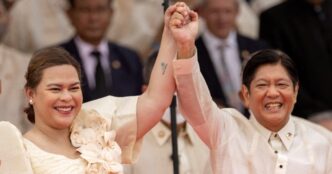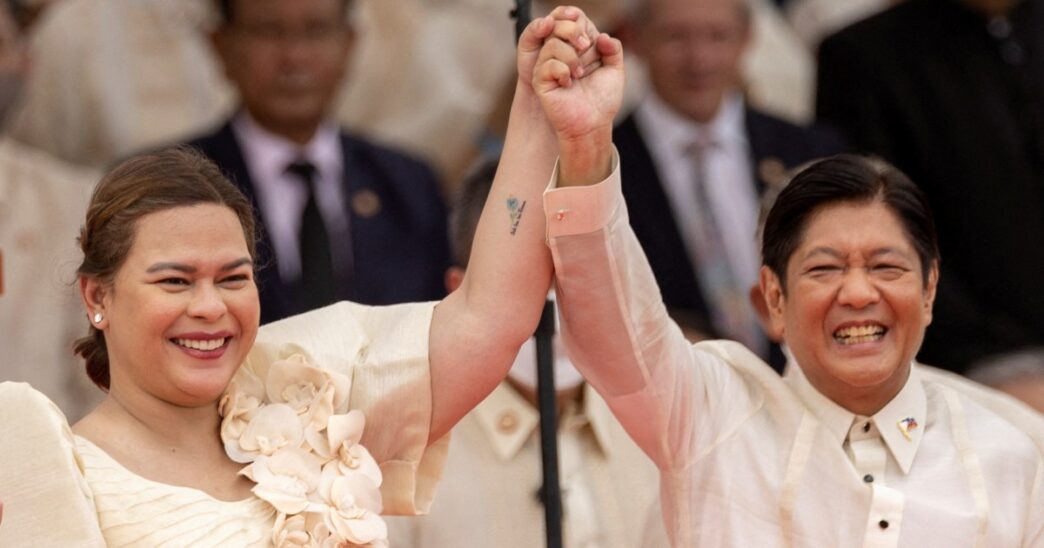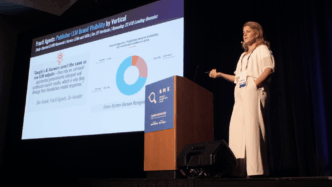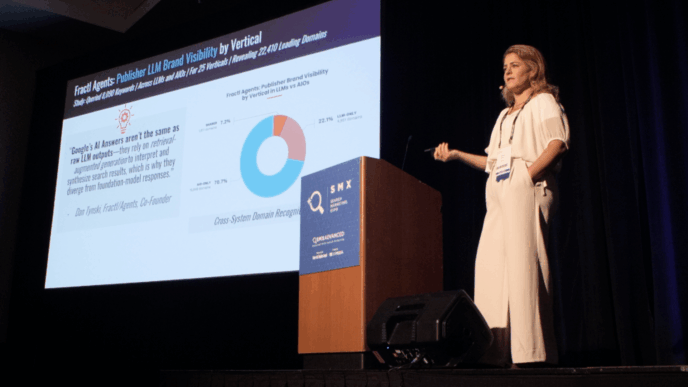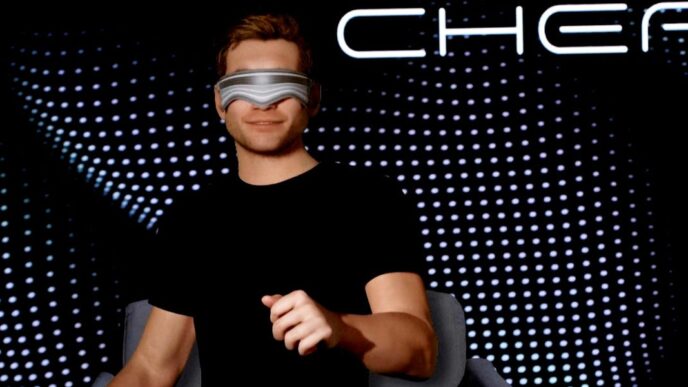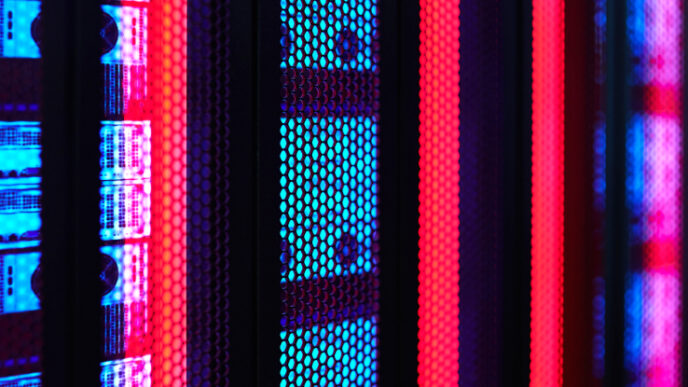AI deepfakes spark online harassment against Philippine drug war victims
AI-generated deepfake videos are fueling a new wave of digital attacks targeting families of drug war victims in the Philippines. The latest scandal involves a video showing a slain teen, Ephraim Escuerdo, apparently alive and accusing his grieving sister of lying. The clip, posted by a pro-Duterte influencer with 11,000 followers, exploded on Facebook, spreading to other platforms and sparking relentless online harassment against the family.
Escuerdo’s sister, Sheerah, who lost her brother in Rodrigo Duterte’s brutal drug war, told Al Jazeera she wakes up to “hundreds of notifications and hate messages.” The AI video used footage and images from a prior TV interview where she demanded justice for her brother’s killing.
The smear campaign comes amid clashing political forces. Duterte was arrested by the International Criminal Court in March for murder charges connected to the war on drugs. Rivalry with current president Ferdinand Marcos Jr. has escalated disinformation efforts online, including AI content, to undermine critics and deflect blame.
The Philippine fact-checking group Tsek.ph confirmed a spike in deepfake and AI-powered disinformation ahead of May’s mid-term elections. Reports reveal Manila’s Comm&Sense firm used AI to generate political content supporting Marcos Jr. while attacking Duterte allies.
National Union of People’s Lawyers (NUPL) says the “online hate” campaigns try to intimidate widows and families into silence. The government launched a disinformation and AI task force last year, but experts say malicious AI use keeps growing fast.
Mass media expert Danilo Arao said the Duterte camp aims to clean up their image through disinformation even as polls show worsening public opinion. AI’s power to generate dozens of variant messages instantly is amplifying damage.
Carljoe Javier, executive director of Data and AI Ethics PH, called the problem “one of human behaviour, not AI” — a clear sign this fight is only beginning at the intersection of politics and synthetic media.
Sara Duterte, vice president and daughter of Rodrigo, defended AI videos supporting her on Facebook, calling them harmless if “not for profit.” But fact-checkers warn this risks normalizing disinformation.
This AI-driven smear tactic marks a new escalation in the Philippines’ political battles — where deepfakes and fake news blur truth, fuel harassment, and threaten democracy.
Sheerah Escuerdo on the AI deepfake harassing her family:
“I’m alive, not dead. Are they paying you to do this?”
“I wake up to hundreds of notifications and hate messages.”
“The worst thing is reading comments of people who believe this is real!”
Danilo Arao, election watchdog convener, on disinformation goals:
“The Duterte camp aims to deodorize the image of both patriarch and daughter. They will resort to disinformation to get what they want, even if it means twisting certain data.”
National Union of People’s Lawyers statement on online hate:
“Online hate is being directed at widows, mothers, and daughters of drug war victims, attempting to intimidate them into silence.”
Carljoe Javier, Data and AI Ethics PH executive director:
“This is a problem of human behaviour, not AI. It’s a disinformation influence operations problem, exacerbated by the unethical usage of AI tools.”
Tsek.ph coordinator Rachel Khan on Sara Duterte’s AI video defense:
“For the educated, it reinforces their already tainted image of disregarding truth. But for followers, it could reinforce the dictum that ‘perception is truth.’”
